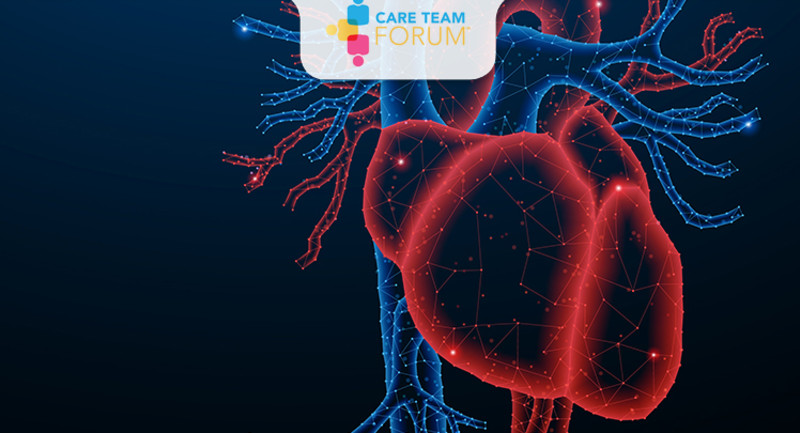
It took a lot of convincing for Charles to get back on medication to help lower his cholesterol—particularly because his mother, who also had high cholesterol, lived to be 100 years old. He was later diagnosed with familial hypercholesterolemia (FH) and started on a PCSK9 inhibitor (PCSK9-I) after failing several statin and non-statin therapies. Within weeks, he found himself both astounded at its efficacy but also its cost. In this interactive roundtable discussion, Charles, his doctor, and 2 other prominent clinical experts gather to deliberate over reimbursement issues surrounding the clinical use of PCSK9-Is and offer practical strategies to facilitate navigating the prior authorization and appeals process.
Upon completion of this activity, participants should be better able to:

Clinical Assistant Professor, Medicine
NYU School of Medicine and NYU Center for CV Prevention
Director, Bellevue Hospital Lipid Clinic
New York, NY

Professor and Vice Chair, Research
Department of Medicine
Director, Center for Cardiometabolic Prevention
Chief, Sections of Cardiology and Cardiovascular Research
Baylor College of Medicine
Houston, TX

Instructor, Department of Emergency Medicine
Drexel University College of Medicine
Adjunct Senior Fellow, Leonard Davis Institute for Health Economics
University of Pennsylvania
Philadelphia, PA
Featured RMEI CE Activities – Earn CE Credit(s)
Stay up to date with the latest RMEI CE Activities and receive Exclusive Medical Education Resources